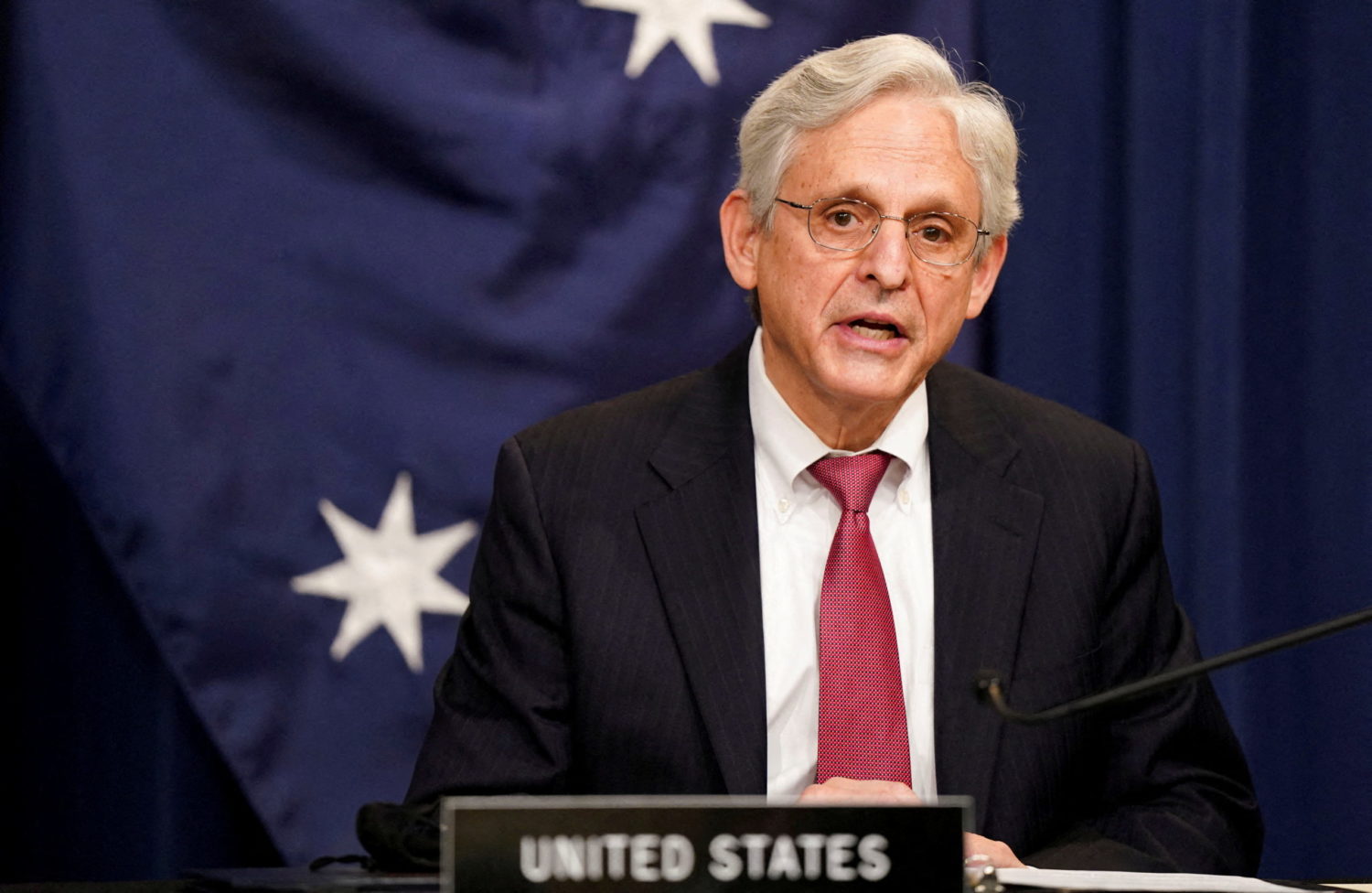
Important Takeaways:
- Leonard Peltier, the 80-year-old activist and “remorseless killer” who has been in prison for just shy of 50 years in connection with a 1975 ambush shooting that left two FBI agents dead on a South Dakota reservation, is headed home.
- In one of his last moves in office, former President Joe Biden granted Peltier clemency over fiery objections from both former FBI Director Christopher Wray and the FBI Agents Association.
- Wray wrote to Biden just 10 days before the former president granted clemency. “I want to make sure our position is clear: Peltier is a remorseless killer, who brutally murdered two of our own – Special Agents Jack Coler and Ronald Williams. Granting Peltier any relief from his conviction or sentence is wholly unjustified and would be an affront to the rule of law.”
- Peltier was serving two consecutive life sentences for his role in the slayings of FBI agents Jack Coler and Ronald Williams. He received another seven years on top of that for an armed escape attempt.
- A last-minute presidential pardon from Biden declared he should be freed Tuesday.
- “[Peltier] executed the two agents when they were wounded on the ground – no mercy or forgiveness,” Ed Mireles, the first FBI agent to receive the bureau’s Medal of Valor after a deadly gun battle with two suspected killers in 1986, told Fox News Digital previously. “No mercy or forgiveness for Peltier.”
- But he was more than just an activist at the time of the FBI slayings at the Pine Ridge Indian Reservation in South Dakota – he was the subject of an active arrest warrant for the attempted murder of a police officer in Wisconsin.
- Both had been injured in the ambush and died from execution-style wounds to the head from a .223-caliber bullet. Peltier was the only person on scene carrying a weapon that could have fired those rounds, according to the FBI – an AR-15 rifle.
- “For nearly 50 years, no fewer than 22 federal judges, multiple parole boards, and six presidential administrations have evaluated the evidence and considered Peltier’s arguments,” Wray wrote to Biden over the summer. “Each has reached the same conclusion: Peltier’s claims are meritless and his convictions and sentence must stand.”
- Biden countered that Peltier’s support outweighed the courts and the concerns of Coler and Williams’ families and colleagues.
Read the original article by clicking here.




